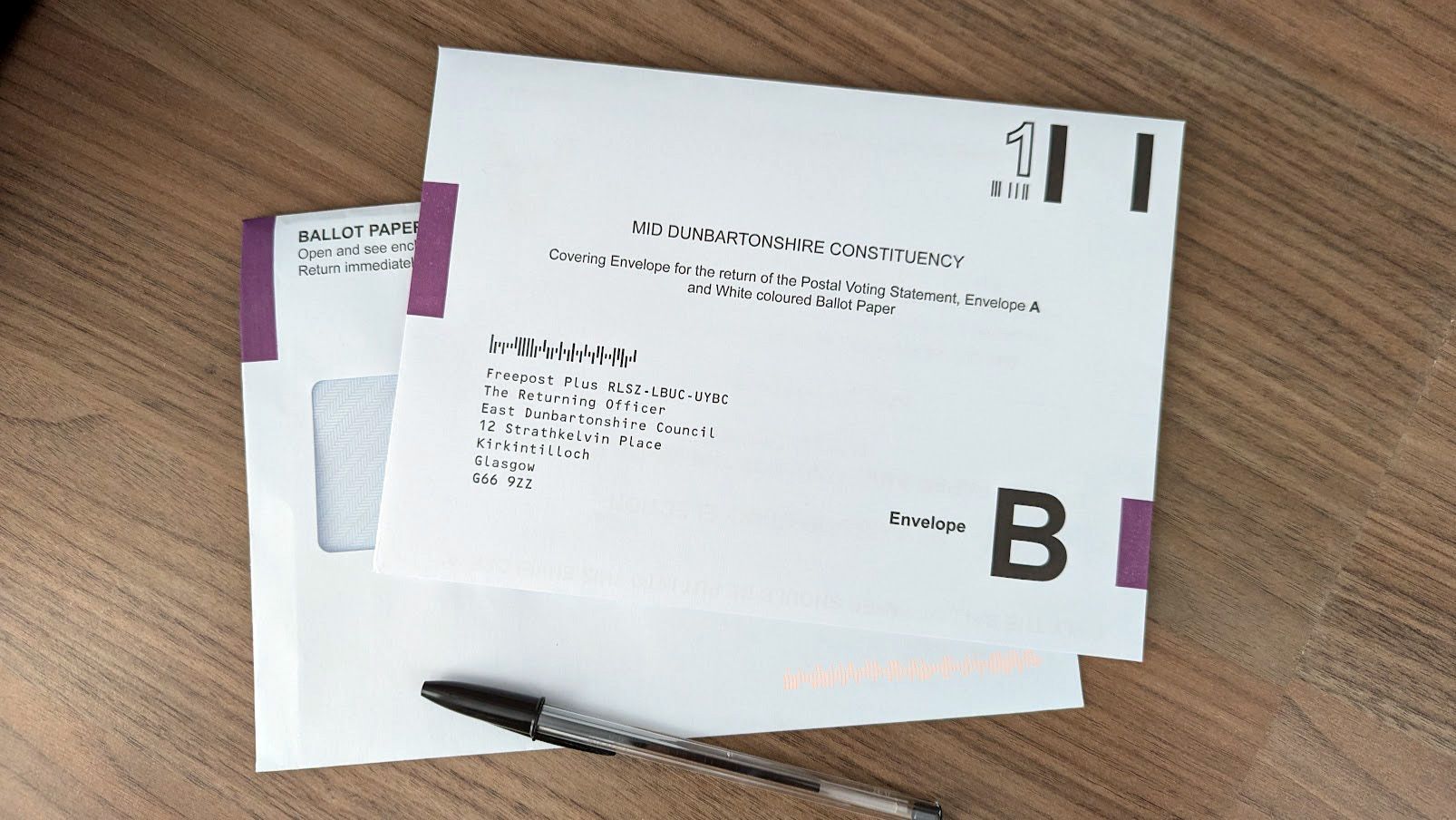Many voters in the UK and abroad are struggling to get their postal ballots on time for the upcoming election. This is due to issues like logistical problems, mistakes by people, and effects from Brexit.
For example, British citizens living in other countries, like Clarissa Killwick in Italy, don’t trust that postal services will deliver their votes on time. Some are paying a lot for couriers or even planning to go back to the UK to vote in person.
Michael Goldrei from Vienna highlighted his experience with Hackney council, which delayed sending his ballot pack, causing him to resort to using a courier service to ensure his vote would be counted. Peter Moore, voting from France, noted that since Brexit, postal delivery times between the UK and France have lengthened, raising fears that his ballot might not arrive in time.

Postal Voting Woes Plague UK Election: Overseas Voters Face Delivery Delays and Logistics Challenges
Overseas voters, organized under groups like the British Overseas Voters Forum, fear that a substantial number of postal votes may not reach the UK in time for the election. Tom Brake of Unlock Democracy emphasized that many voters may mistakenly assume their ballots are secure once mailed, unaware that delays could render their votes uncountable if they arrive after polling ends.
In response to these challenges, advocacy groups like New Europeans UK and Unlock Democracy have proposed the establishment of overseas constituencies, similar to systems in countries such as France and Italy, which would allow British citizens abroad to vote locally.
Meanwhile, in Scotland and England, local councils have scrambled to address issues such as late deliveries and lost ballot packs, setting up emergency facilities for replacement ballots and urging voters to collect them in person if necessary.
Despite efforts by electoral authorities and councils to rectify the situation, concerns remain high about the integrity of postal voting as a viable option for a significant portion of the electorate, especially during periods of heightened postal traffic and logistical strain.
The Electoral Commission has pledged to investigate the issue thoroughly post-election, aiming to address systemic challenges and ensure fair electoral processes in the future.
